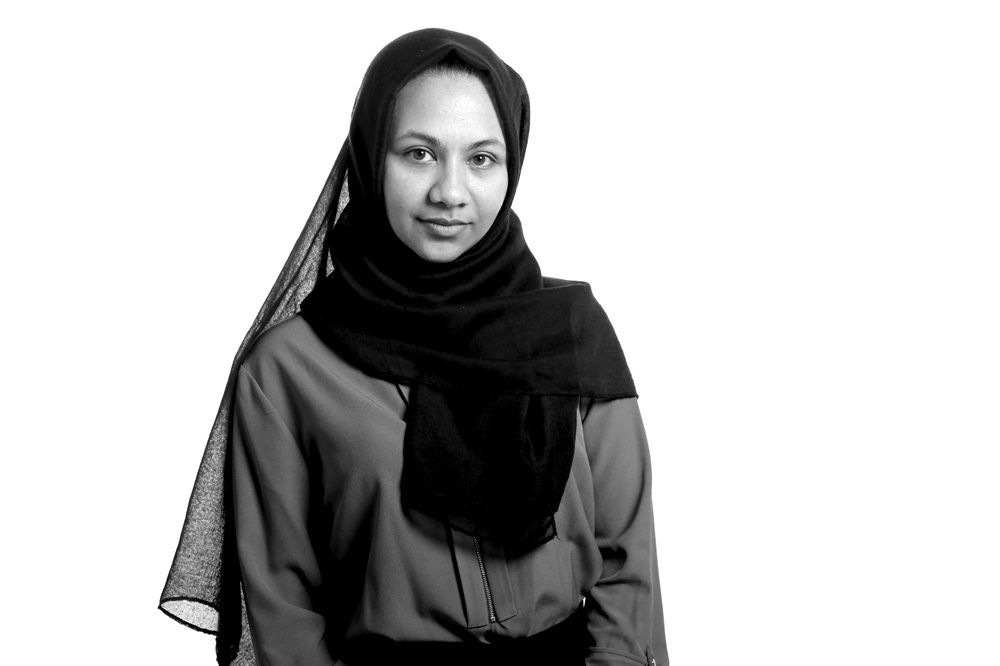In Bangladesh, you don’t just grow up with your immediate family, you grow up with all your other relatives as well. I lived with my mum’s brothers and sisters, and all my cousins - we all used to go to school together.
We used to get there by rickshaw and, one day, we thought we’d be a bit sly and bunk school. So we took our rickshaw and thought ‘guys, let’s go on a road trip’. We pooled our pocket money to pay the driver and headed off.
In the meantime, the school had got in touch with our parents asking, ‘where are your kids?’ Our parents had to go out looking for us, they found us at the local market and the rickshaw driver was like ‘yeah, they’ve run out of money’ and he sat there until he got the remainder. It was so embarrassing - our parents were not very impressed.
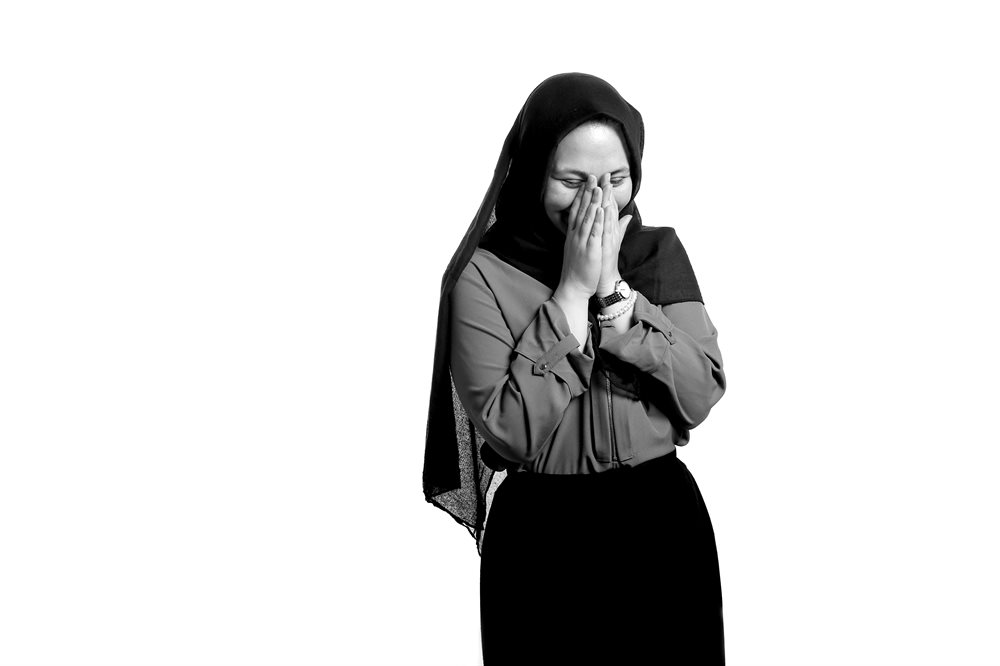
I grew up in an area called Syhlet, which is a rural area with a lot of land and greenery.
I came over to the UK permanently when I was around six or seven years old but it wasn’t my first time here. My dad had come to the UK to work while we were still in Bangladesh and we used to visit him quite a lot. Eventually my dad had worked enough to rent his own flat. Before that he was living with his father and his brothers and sisters.
Growing up in Bangladesh, he didn’t have the education that I was able to have and that’s why I’m really grateful that I was brought to this country when I was. Unfortunately, a lot of my relatives that I grew up with didn’t finish their education because they couldn’t afford it my mum couldn’t read and write at all for that reason. So I’m really grateful to my dad. He worked his whole life and sacrificed his education, to make sure that his children had a good upbringing.
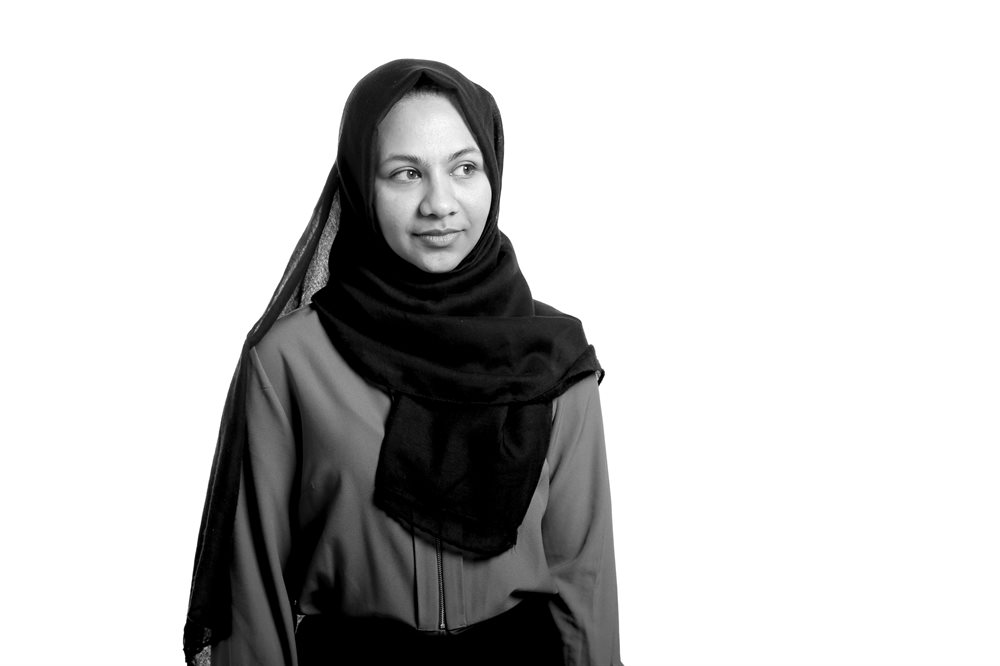
When I moved to England I couldn’t understand what people were saying. I understood English but the English I learnt in Bangladesh was ‘textbook’ English, - I grew up in Tower Hamlets in east London and it was difficult to understand the slang.
The other thing that stood out was how people used to dress. In Bangladesh it was all long dresses and over here it was t-shirts and shorts and I was like ‘oh, this is fun’. It didn’t take long getting used to it because, as a kid, you kind of just settle in.
School was different for sure. In my school in Bangladesh it was very disciplined, if you did anything wrong your hands would get hit with rulers. In Bangladesh there’s also a lot of repetition – that’s a huge difference I noticed.
Bengalis are very good at memorising things because they have been exercising that part of their brain from a very young age. Whereas here it’s a lot more about understanding the meaning behind what you are learning. For example, my teacher in the UK would be like ‘this is one apple, this is another apple. Now we know how to count, so how many apples do I have in total?’, whereas in Bangladesh the teacher would say ‘1 + 1 = 2’ and the whole class would repeat ‘1 + 1 = 2’.
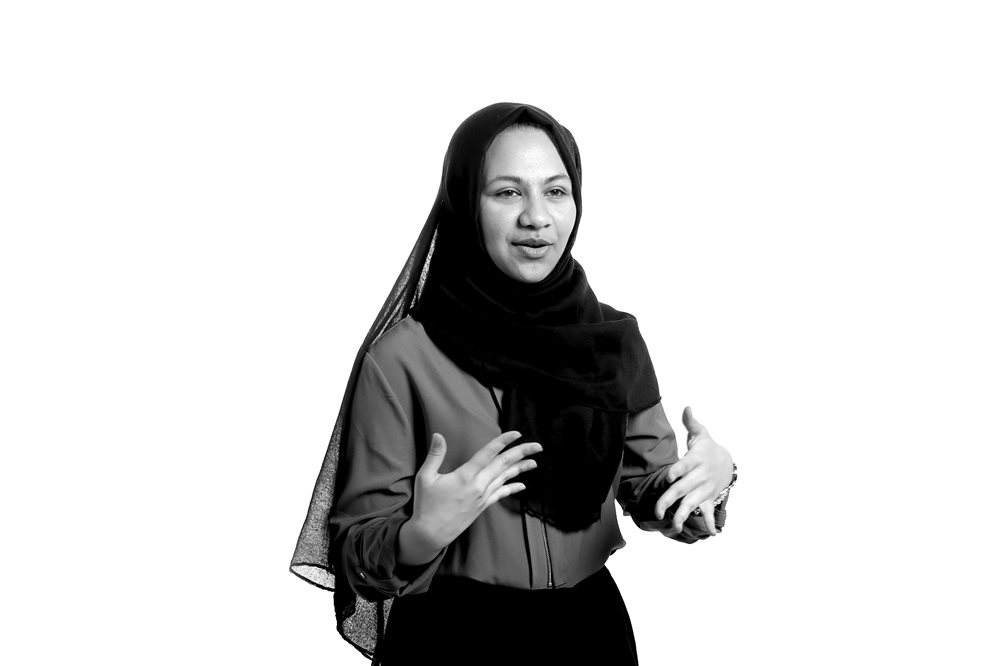
Where I went to secondary school was quite tough Working as a Student Ambassador now and going into schools on behalf of City St George's, School of Health & Medical Sciences (Tooting), I’ve really noticed the difference because I’ve got something to compare it to. I realise now that my school was quite deprived.
It was during secondary school that I started to properly realise just how hard my mum and dad had both worked to get me to where I am - to make sure I had an education. I never took my free education for granted and it only seemed fair to work hard in school and prosper, to prove to them that their sacrifices were worth it. As the eldest of four daughters, I knew I wanted to do them proud.
I had to be very self-motivated and independent. I had to go out of my own way and think ‘what kinds of textbooks can I buy’, ‘what kind of online resources can I look at’ that will help me learn and help me get better grades than I’m expected to.
What I would advise to people from a background like mine is never let doubts stop you because if you work hard enough, then there’s nothing that you can’t achieve. You might be the first person from your family or your area to do something but, if you don’t do it, who will?
It doesn’t matter about what background you come from, it’s all about how hard you work and the effort you put in.
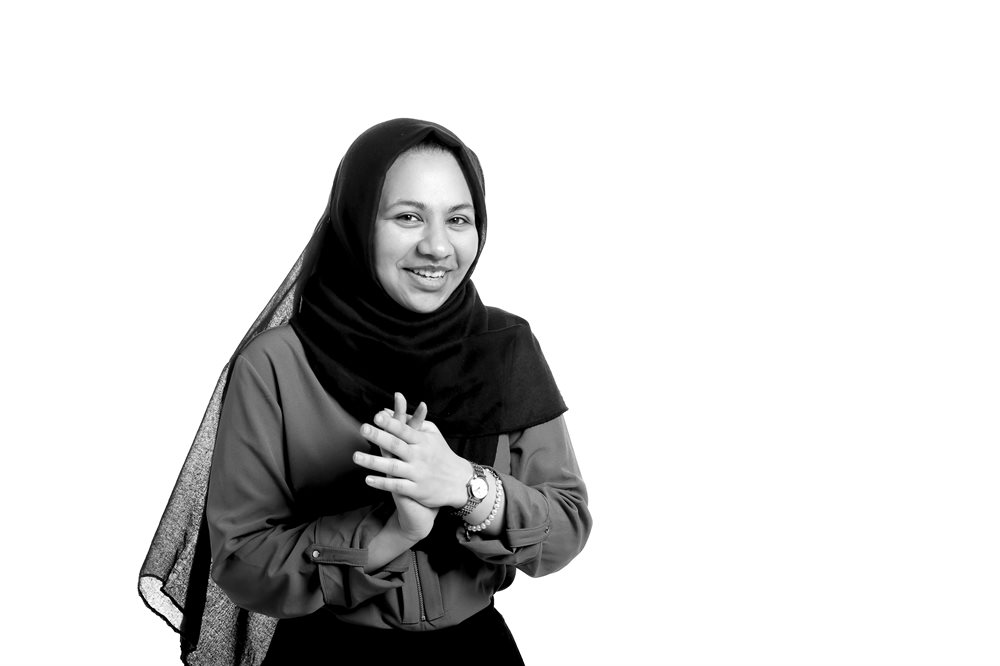
It was never my ultimate aim to study Medicine. Up until sixth form, I had always enjoyed mathematics the most and that was my best subject at GCSE and A level. I remember my sixth form teachers urging me to apply to Oxbridge to study Maths as I had gotten A*s in A Level Maths and Further Maths.
My mum got typhoid fever when we went to Bangladesh one summer while I was in sixth form. She got it from the water. Normally people in Bangladesh build up an immunity to it but it can flare up if your immune system is a bit weakened. I remember she was pregnant with my youngest sister at the time as well.
She was in the intensive care unit and we were all really worried about her. I remember her being treated in Bangladesh and I was old enough to realise there was a substantial difference in the standard of care compared with the UK. I saw that the equipment they were using sometimes wasn’t sterile and the shoes they were wearing were slippers or sandals and not proper surgical shoes that should be worn on the wards.
I knew it was because Bangladesh was a third world country – it’s not that the doctors aren’t properly trained, it’s that they don’t have much to work with. I just felt, these are my people, this is my home – they’re not getting the treatment they deserve.
Luckily, when mum was well enough to travel back to the UK she was able to get follow up treatments that made her get better a lot sooner than if she’d stayed in Bangladesh. I used to attend those hospital appointments with her and I realised ‘this is how medical care should be’. They had time to sit down and ask her how she’s feeling, what king of medication she wants, it was really patient-centred care.
That’s when I thought I have to make a difference. I know it sounds so silly, one person, ‘what can I do?’, I knew I couldn’t go and suddenly change the healthcare system in Bangladesh; but I think change starts small and all it takes is one good intention.
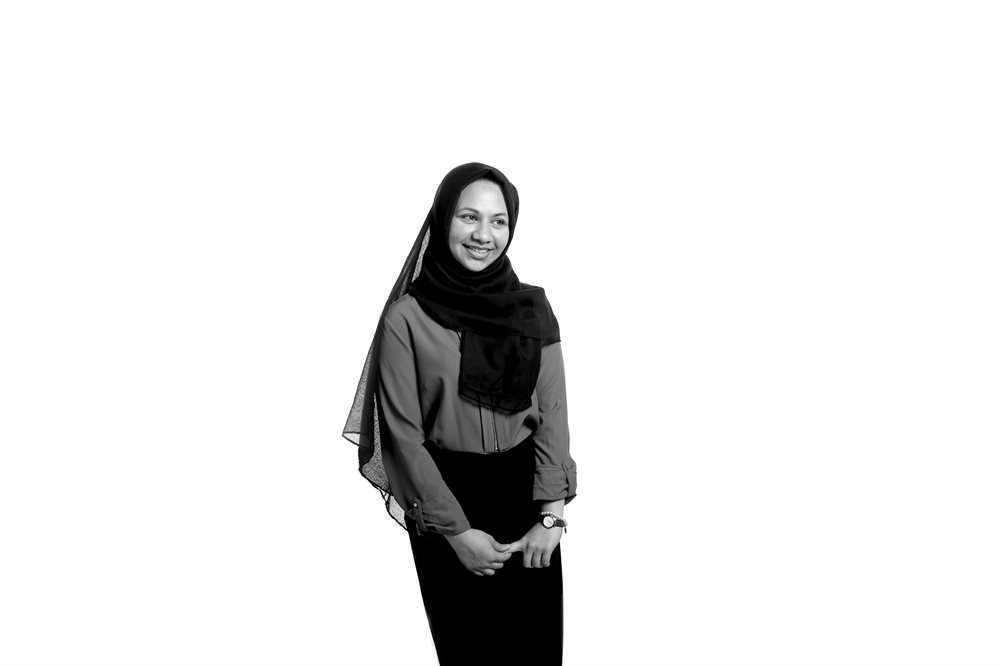
It was so nice coming into City St George's (Tooting) because it felt like home straight away. Because it’s such a small campus, you get to get to know everyone here really quickly. I became a part of the Islamic society, I started up the Bengali society, and there’s the mums and dads scheme, so I had very close relationships very early on. I was never made to feel like an outsider.
I had so much fun in my first few years, I had the best time. Obviously now it’s a bit busier with placement, but I formed some really close friendships in my first few years. I’m so, so happy that I came to the School because I know the friendships that I’ve formed and the things I’ve learnt are things that I wouldn’t have gained if I’d gone to Oxbridge perhaps.
I’ve wanted to be a GP since my first GP placement two years ago. I really liked how GPs have one-to-one patient care, that they get to follow up with a patient, and can be with a patient throughout their life.
My dream is to open up a hospital or a clinic in Bangladesh and treat people with proper care – what I mean by that is evidence-based medicine, NHS-level care - the stuff that I’ve seen here in the UK.
Hopefully I’m able to do that – fingers crossed.
Umena Bibi is a final year Medicine student at City St George's, School of Health & Medical Sciences (Tooting).
